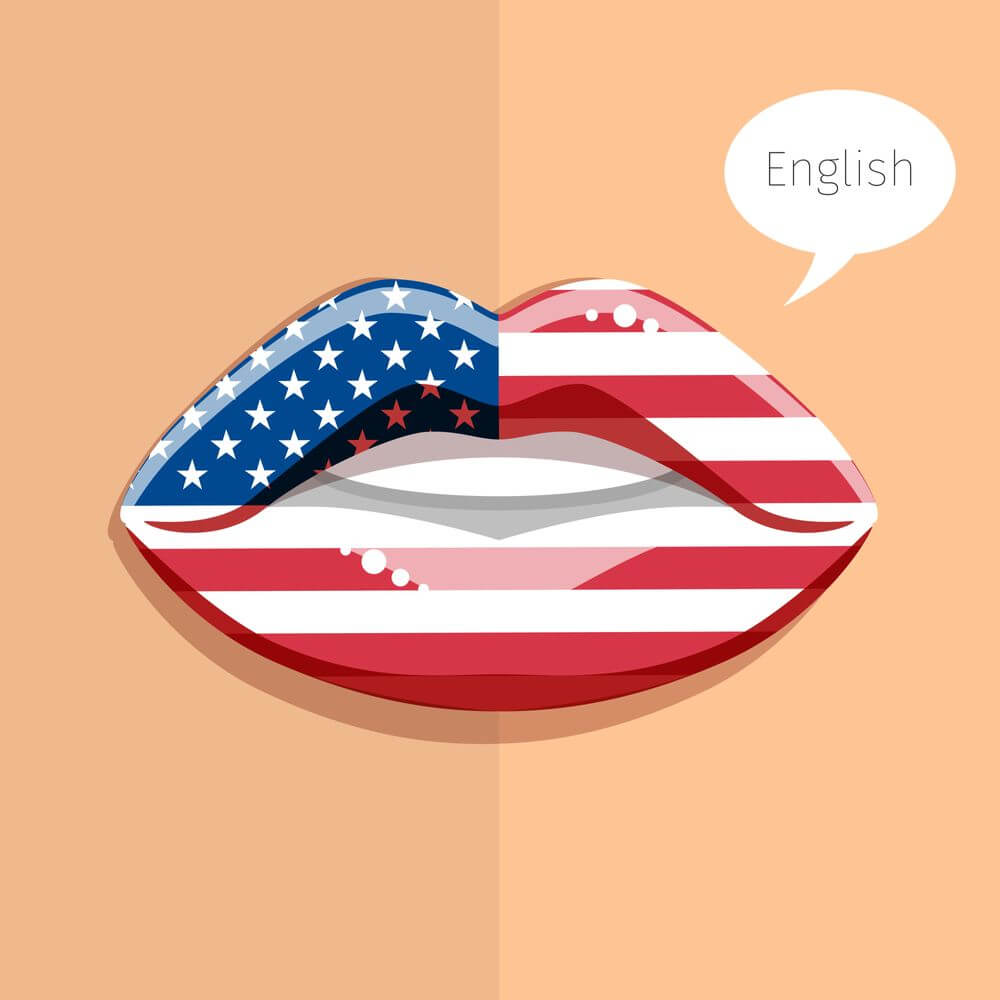
Regardless of a person’s native language, there will inevitably be specific challenges for them and their countrymen when acquiring the English language. Possibly, their own native language doesn’t include some of the same consonant or vowel sounds articulated in English. Some languages may separate each word precisely, whereas the English language uses many reductions and links many phrases together making it difficult for the learner to adapt to these concepts. Accent reduction classes can provide targeted help for these common challenges. Another difference may be that their native language uses no rhythm or intonation within their questions and sentences; therefore, learning when and where to place this word stress would prove extremely challenging for them. Based on these facts, speaking English for Russian speakers can be quite challenging. We dig into some of these challenges and a glimpse of common Russian speakers English mispronunciations in our accent reduction classes.
Russian speakers venturing to learn American English will all, most likely, encounter similar challenges in the development of their English pronunciation. Is Russian your native language? Are you on the journey to acquiring the English language? Most likely, you have encountered a few of the same challenges faced by other Russian speakers. This short article will be addressing several of these mispronunciations so that you can develop your American English accent with smoothness and grace.

One of the most common mispronounced sounds is the voiced TH sound. Many Russian speakers will use the Z sound in place of this sound. In American English, there are two sounds made with TH; one is voiceless, like in the words “think” and “thanks”; the other is voiced as in the words “this” and “that”. Articulating these sounds with your mouth can be slightly difficult, but with focus and repetition, you will be pronouncing these words clearly in no time. The tongue touches between the upper and lower teeth allowing air to flow through for both of these sounds. The difference is that for the voiceless sound, as in think and thanks, your vocal cords are not used. In contrast, the voiced th, in this and that, do use the vocal cords causing a vibration on the tongue as you pronounce this sound.
Another commonly mispronounced sound is the W sound. Usually, the Russian speaker will use the V sound instead. In the English words “will” and “what”, we will articulate the W sound by bringing the lips close together, but not touching one another. The upper teeth are not touching the lower lip. If you take some time to practice this W articulation by looking in the mirror and contrast it with the V sound to recognize the difference, you will find yourself focusing on the correct sound as you pronounce “will” and “what”. You can look up many words in your dictionary beginning with W to practice this sound. Soon, you will be building the muscle memory in your mouth to pronounce this sound just like a native.
A vowel sound that presents a challenge for Russian speakers is the IH like pig sound; often, they will use EE vowel sound instead. To articulate the IH like pig sound, drop your jaw and slightly pull lips back as you pronounce the sound; also, the tip of your tongue will rest behind your lower front teeth. One way to sharpen this IH sound from the EE sound is to look in a mirror while pronouncing the words “live” and “leave”. Contrast them back and forth saying them aloud while watching your mouth in the mirror. It’s helpful to exaggerate the sounds as you practice them; this will drill the articulation into the muscle memory of your mouth, causing you to develop the habit of pronouncing these sounds naturally.
As you continue on your journey of English acquisition, there is an extremely beneficial American English pronunciation program that will not only provide you with successful ways to conquer these common Russian challenges; the program will ensure that you efficiently develop
Every sound, rhythm, and fluency tip possible. You will benefit greatly from your own personal pronunciation coach who can pinpoint your specific challenges and encourage you with each improvement! This program will increase your cultural understanding of American idioms and topics as well. This successful program is called ChatterFox Discover ChatterFox.com or download our app on Android and allow us to facilitate your success as you begin to speak English like an American.